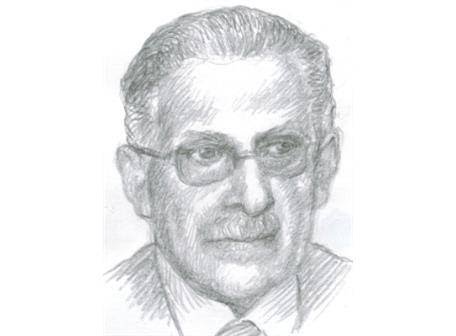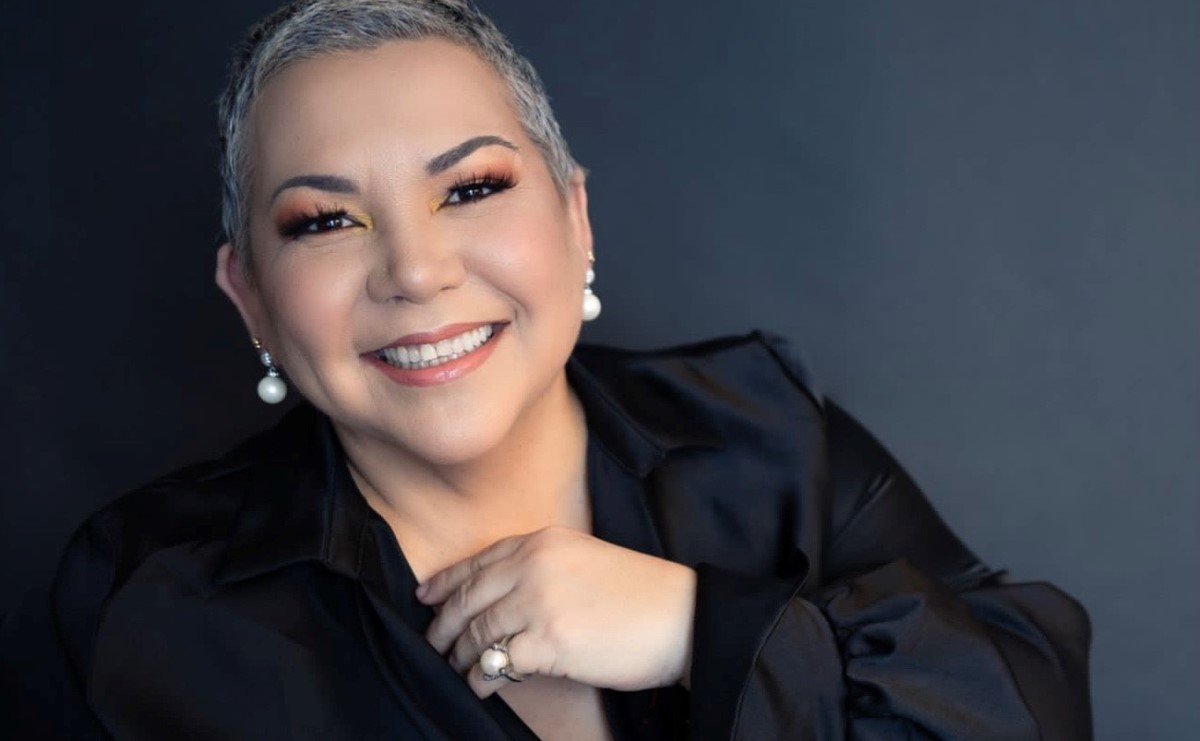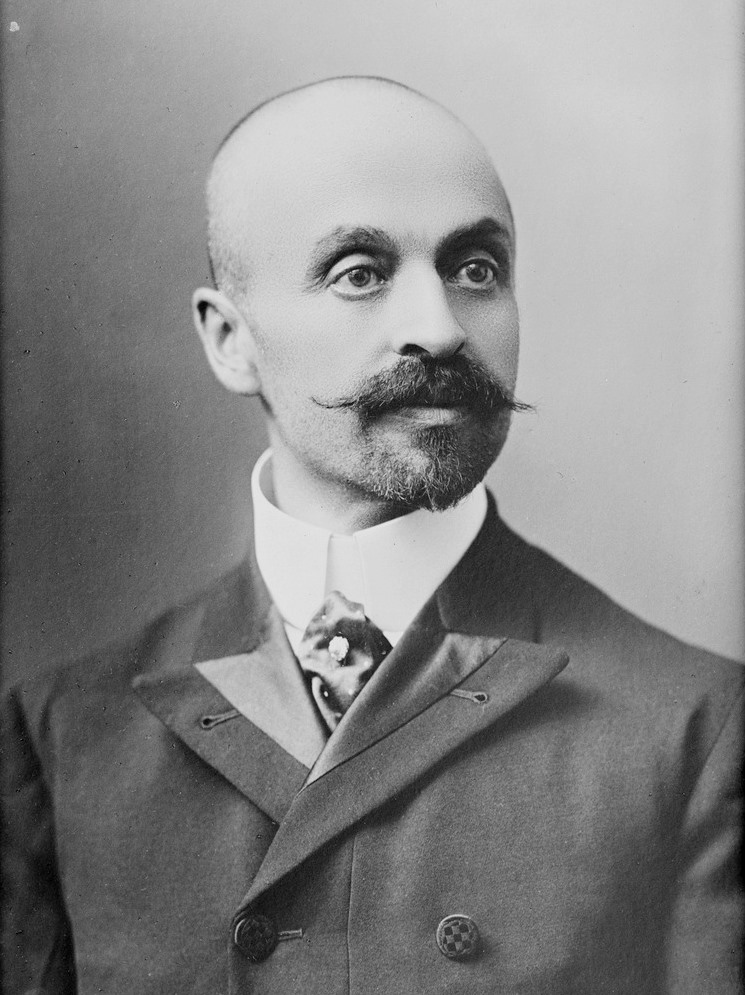Lauro Dávila Echeverría (Pasaje, El Oro, August 18, 1885 – Guayaquil, December 23, 1968) was an Ecuadorian poet, playwright, songwriter, and teacher. Best known for writing the lyrics and music to Guayaquil de mis amores, a song that has become an anthem of the city of Guayaquil, Dávila composed 23 songs and authored several poetry collections, including Lira del alma and 21 estampas de la vida real. He was also a founding member and the first secretary general of the National Union of Musicians. Dávila’s contributions to Ecuadorian culture earned him numerous awards, including the Gold Medal from the Council of Guayaquil in 1945.
Early Life and Education
Lauro Dávila Echeverría was born on August 18, 1885, in Pasaje, El Oro, Ecuador, to Benigno Dávila Romero and Herlinda Echeverría. He grew up during a time of significant political change, as Ecuador experienced the Liberal Revolution in 1895. Dávila completed his primary education in Pasaje before attending the Instituto Pedagógico in Cuenca for secondary school. He later moved to Quito, where he enrolled in the prestigious Normal School “Juan Montalvo,” graduating as a certified teacher in 1905.
Career in Teaching
After his graduation, Dávila began his teaching career at the “Juan Montalvo” Normal School, where he served as a substitute professor and later became the director of its attached school. In 1909, he moved to Guayaquil to reunite with his family and continued his teaching career, working at various educational institutions. He dedicated decades to the profession, ultimately retiring in 1960 at the age of 75. His commitment to education was matched by his contributions to Ecuador’s cultural life.
Literary and Musical Contributions
Lauro Dávila was an accomplished poet, playwright, and songwriter. His poetry was deeply influenced by romantic, elegiac, and local Ecuadorian traditions. Some of his most notable poetry collections include Lira del alma, 21 estampas de la vida real, and Películas y relámpagos, each reflecting his lyrical and reflective style.
Dávila also explored comedic writing, authoring plays such as El diablo and Los viriles, which brought humor to everyday situations through lively characters and engaging plots. In addition to his literary work, Dávila wrote articles for various Ecuadorian magazines.
However, it was in the realm of music that Dávila made his most enduring mark. He composed the lyrics and music for 23 songs, including Mascarita de carnaval and La casita de mi amada. His most famous work, Guayaquil de mis amores, written in collaboration with composer Nicasio Safadi, became a beloved anthem of the city of Guayaquil. The song was first recorded in 1930 and has been performed by numerous artists, including the legendary Julio Jaramillo.
Role in the National Union of Musicians
Dávila was a key figure in Ecuador’s musical community. In 1938, he helped found the National Union of Musicians, an organization dedicated to advocating for the rights of Ecuadorian musicians. He served as the first secretary general of the union, highlighting his leadership within the artistic community.
Personal Life
In 1923, Dávila married Rosa Amada Villegas, a fellow educator who had been the muse of poet Medardo Ángel Silva. Despite the significant age difference between them, the couple shared a strong bond. They had two children, though their first child tragically passed away before birth. Their surviving son, Roberto Dávila Villegas, became a respected pediatrician and professor at the University of Guayaquil.
Recognitions and Legacy
Throughout his life, Lauro Dávila was recognized for his contributions to both literature and music. In 1945, he received the Gold Medal from the Council of Guayaquil, and in 1966, the Cantonal Council of Guayaquil awarded him the Literary Merit Medal. His song Guayaquil de mis amores remains an iconic cultural symbol of the city and is often considered its unofficial anthem.
Lauro Dávila passed away on December 23, 1968, in Guayaquil, at the age of 83. His work continues to be celebrated, and his legacy as one of Ecuador’s most significant poets, playwrights, and songwriters endures.
Lyrics
Guayaquil de mis amores Tu eres perla que surgiste del mas grande e ignoto mar, y si al son de su arrullar en jardin te convertiste; soberana en sus empeños nuestro Dios formo un pensil con tus bellas Guayaquil; Guayaquil de mis ensueños. Si a tus rubias y morenas, que enloquecen de pasion les palpita el corazon que mitiga negras penas con sus ojos verdes mares o de negro anochecer, siempre imponen su querer Guayaquil de mis cantares. Porque tienes las princesas que fascinan al mirar y que embriagan al besar con sus labios de cerezas, te reclamo las dulzuras con que anhelo yo vivir, para nunca mas sufrir; Guayaquil de mis ternuras. Y al mirar sus verdes ojos donde mi alma anhela estar prisionero cual el mar o al hundirme ya, de hinojos, en las noches con fulgores que sus ojos negros son, te dira mi corazon: Guayaquil de mis amores...
Video
Works
Poetry
- Lira del alma
- 21 estampas de la vida real
- Películas y relámpagos
Comedies
- El diablo
- Los viriles
Pasillo songs
- Mascarita de carnaval
- La casita de mi amada
- Guayaquil de mis amores
References
- Wikipedia, “Lauro Dávila Echeverría.” Retrieved on October 2, 2024. Click to view.
- Discogs, “Lauro Dávila.” Retrieved on October 2, 2024. Click to view.
- Enciclopedia del Ecuador, “Lauro Dávila.” Retrieved on October 2, 2024. Click to view.
- ACEMLA, “Lauro Dávila Echeverría.” Retrieved on October 2, 2024. Click to view.
- Rodolfo Pérez Pimentel, “Lauro Dávila Echeverría.” Retrieved on October 2, 2024. Click to view.


